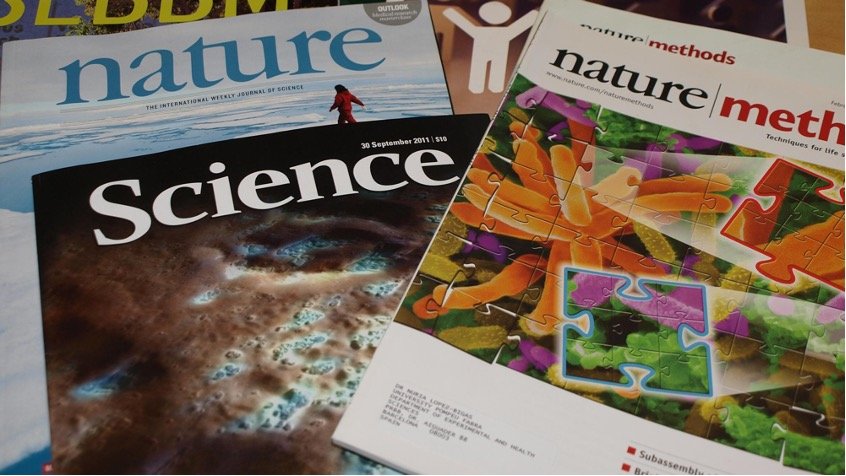A decline in the ‘disruptiveness’ of scientific papers – what’s behind it?
Image source: ‘The art of publishing a scientific article by Maruxa Martínez-Campos’. Linked here.
A new study found that growth in the volume of scientific knowledge has coincided with a decrease in innovative activity or ‘disruptiveness’ in the field over the past half-century.
Data analyzed from millions of papers and patents across six decades suggest that scientific advances are increasingly less likely to break with the past in ways that push scientific knowledge in bold directions. Compared with research from the mid-twentieth century, this may indicate a slowing of progress in major fields.
What is driving this trend? One possibility is that it partly stems from changes in the way science is now conducted. Compared to the 1940s, there is a significantly larger number of researchers doing scientific research today.
This may have created a more competitive environment, fostering the need to publish research and seek patents at a high volume, which may come at the expense of improved research quality.
This decline in ‘disruptiveness’ may also be due to an over-reliance on a narrow set of existing knowledge, a phenomenon which may benefit individual careers, but not scientific progress more broadly. However, these explanations are tentative and do not fully account for the observed trend.
To reverse this trend, the authors suggest that universities should reward research quality more strongly than research quantity, and that federal agencies should invest more in long-term individual careers rather than specific predefined research projects.

